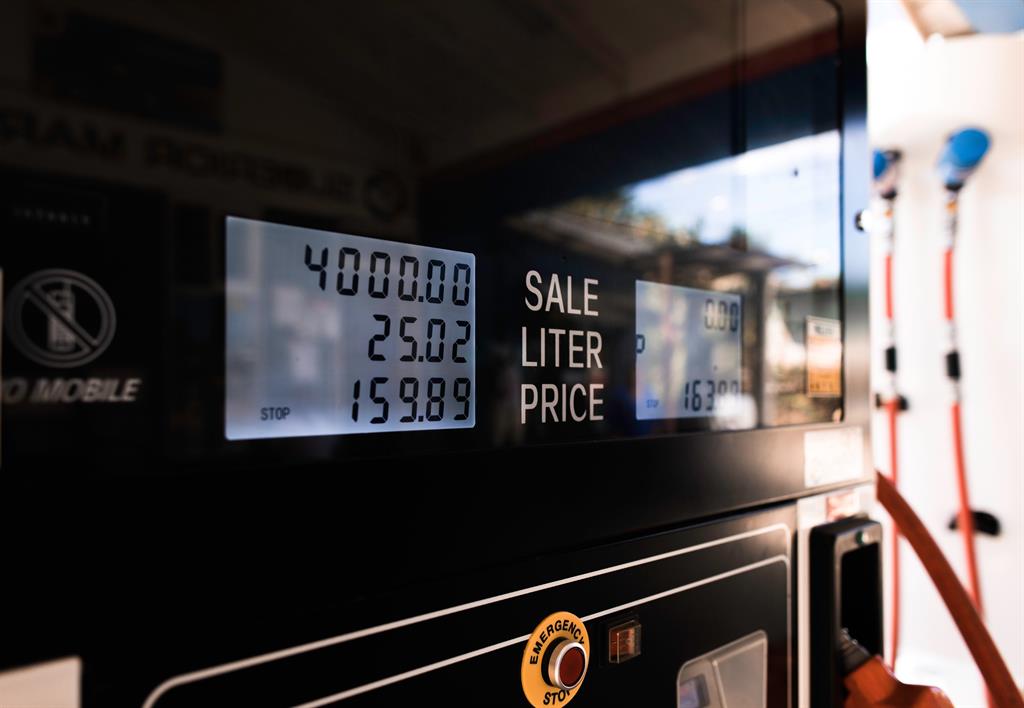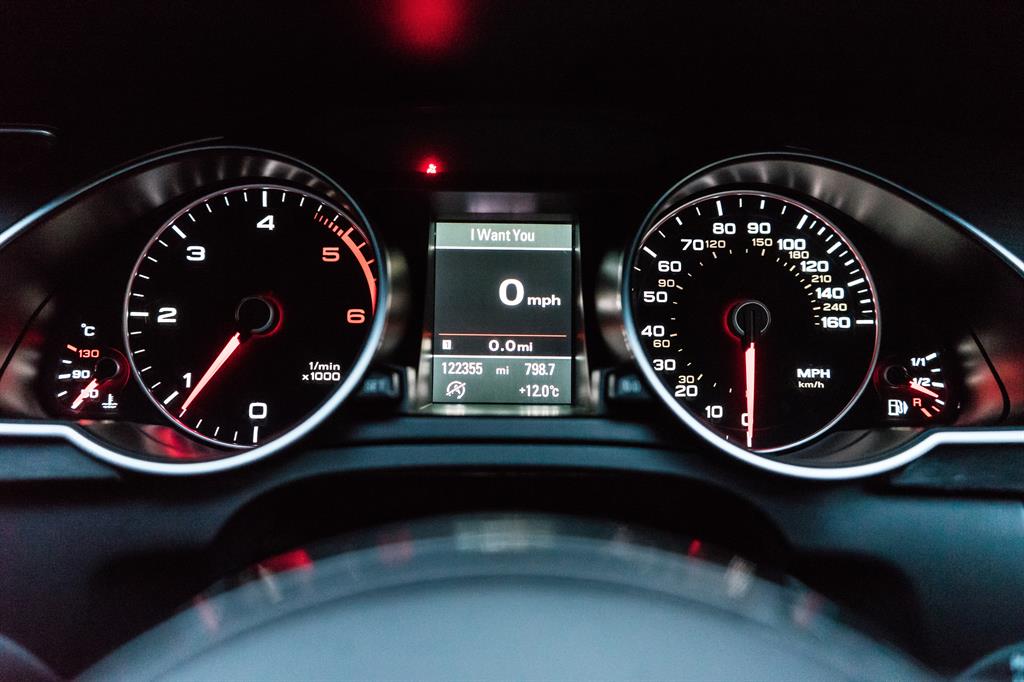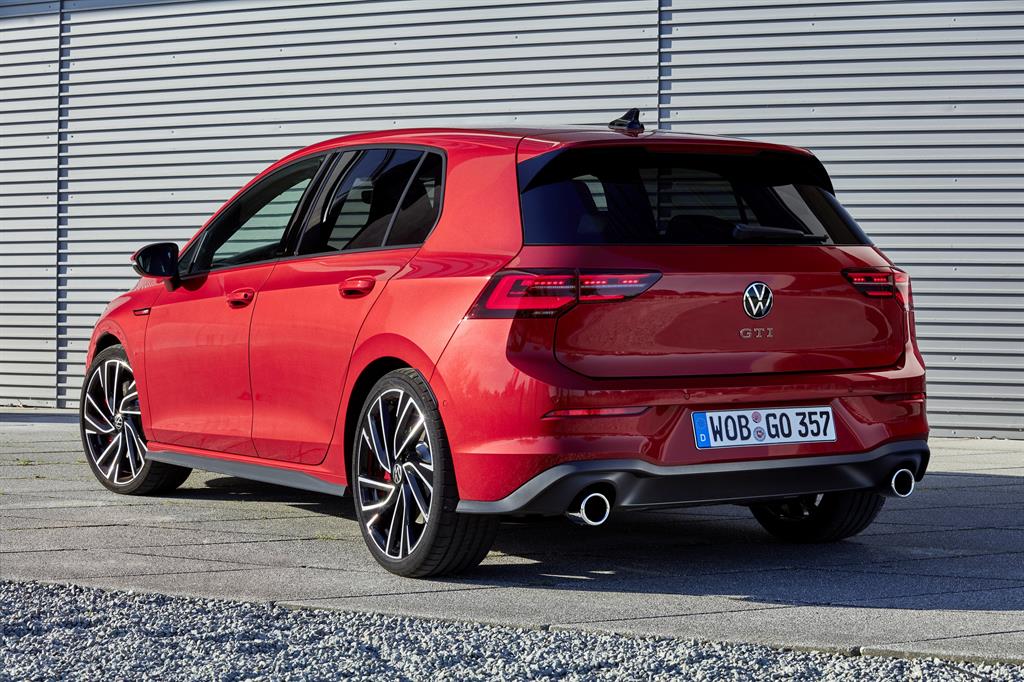How to beat rising fuel prices
Reducing speed by 20 kilometres per hour (kph) in certain instances can reduce fuel consumption by 20%.
South Africans are facing one of their largest increases to fuel prices yet. The price of petrol increased by 91c per litre while diesel rose by 55c per litre (c/l). This does not bode well for motorists as the country is already experiencing a difficult economic situation due to lockdown and because of recent unrest.
The Chief Executive Officer (CEO) of MasterDrive, Eugene Herbert, says the best way to reduce petrol consumption is to change your mindset. “Whether this is committing to leaving with plenty of time to spare or acknowledging that racing to arrive at your destination will make little to no difference in arrival time. it will, however, make a considerable difference to your petrol consumption and it starts with changing your mindset.”
Herbert recommends motorists to adopt a defensive driving style so that they can anticipate changing traffic conditions before they happen. “You should drive looking 12 seconds ahead of you. This will allow you to see traffic slowing ahead of you or traffic light changes well before they happen. You can immediately adjust your own speed to avoid coming to a complete stop,” says Herbert.
Speed
In addition, drive at speeds that suit the current conditions and avoid speeding. “Reducing speed by 20 kilometres per hour (kph) in certain instances can reduce fuel consumption by 20%. Often speed is also accompanied by fast lane changes, sudden acceleration and harsh braking. Not only does this increase fuel consumption but it also costs you more in maintenance. Increasing your speed will only make minimal, if any, difference to trip times.”
Furthermore, plan each journey to save fuel. “It can help you avoid traffic jams; help you choose the most fuel-efficient routes and avoid leaving too little time. It will also help you avoid rushing which makes driving fuel efficiently almost impossible.”
Lastly, as mentioned already, inconsiderate driving increases fuel consumption. “This includes unnecessary lane changes, harsh acceleration and speeding. Instead, keep to the road rules and follow techniques such as keeping your engine revs between 2500 and 3000rpm. This can result in a saving of up to 20% in fuel consumption,” says Herbert.
It has already been a tough year for South Africans. Use fuel-savings tips as your armour against rising fuel prices to reduce the impact this can have on you. - MOTORPRESS
The Chief Executive Officer (CEO) of MasterDrive, Eugene Herbert, says the best way to reduce petrol consumption is to change your mindset. “Whether this is committing to leaving with plenty of time to spare or acknowledging that racing to arrive at your destination will make little to no difference in arrival time. it will, however, make a considerable difference to your petrol consumption and it starts with changing your mindset.”
Herbert recommends motorists to adopt a defensive driving style so that they can anticipate changing traffic conditions before they happen. “You should drive looking 12 seconds ahead of you. This will allow you to see traffic slowing ahead of you or traffic light changes well before they happen. You can immediately adjust your own speed to avoid coming to a complete stop,” says Herbert.
Speed
In addition, drive at speeds that suit the current conditions and avoid speeding. “Reducing speed by 20 kilometres per hour (kph) in certain instances can reduce fuel consumption by 20%. Often speed is also accompanied by fast lane changes, sudden acceleration and harsh braking. Not only does this increase fuel consumption but it also costs you more in maintenance. Increasing your speed will only make minimal, if any, difference to trip times.”
Furthermore, plan each journey to save fuel. “It can help you avoid traffic jams; help you choose the most fuel-efficient routes and avoid leaving too little time. It will also help you avoid rushing which makes driving fuel efficiently almost impossible.”
Lastly, as mentioned already, inconsiderate driving increases fuel consumption. “This includes unnecessary lane changes, harsh acceleration and speeding. Instead, keep to the road rules and follow techniques such as keeping your engine revs between 2500 and 3000rpm. This can result in a saving of up to 20% in fuel consumption,” says Herbert.
It has already been a tough year for South Africans. Use fuel-savings tips as your armour against rising fuel prices to reduce the impact this can have on you. - MOTORPRESS







Comments
Namibian Sun
No comments have been left on this article